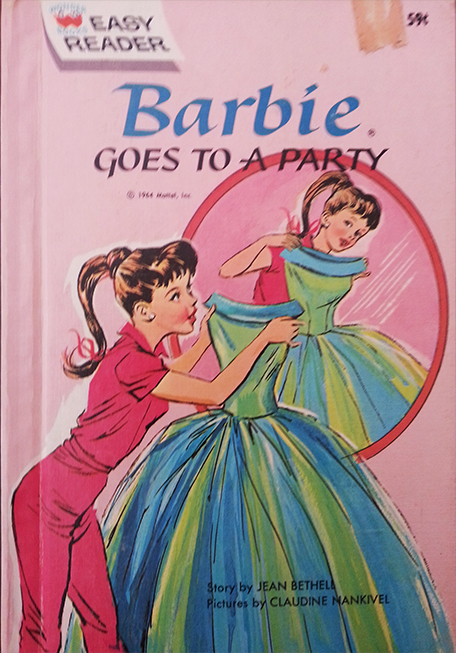No, it’s not what Daddy calls, “middle-age spread” but the spread of starred ratings on sites such as Amazon.
When I see a book reviewed, believe it or not, I don’t like to see ten five-star reviews and then nothing else. An author might ask, “Why not? Doesn’t that mean everyone loved the book?”
Yes. All of your friends and family loved your book.
I’m not saying those five-star ratings aren’t sincere. I think they are.
But I’m also saying when a book receives ratings from across the board, it usually means that people who don’t know or care about the author are rating the book. It means the book is being read widely.
Low ratings can also mean that an author is being attacked unfairly. But people reading reviews are smart. I, for one, can tell the difference between, “Right-wing tripe,” and “Flawed research,” as the basis for a one-star review.
I also feel terrible for authors whose scores are dragged down by one-stars given by people saying only, “Book arrived damaged.” Ummm, that has nothing to do with the author’s writing.
My point in writing this post? Here’s what I don’t want you as an author to do:
- Beg your friends to go online and write a 5-star review. And only a 5-star review. Let these reviews happen naturally. If they don’t, they don’t. If they do, great. But if you start a campaign and end up with a bunch of 5-star reviews and nothing else, you’ll look like a popular author with a bunch of friends willing to write 5-star reviews. Believe me, I understand how cool this is. But it doesn’t add to the credibility of your book.
- Don’t stress over one-star reviews. Yes, they hurt. Yes, sometimes they are unfair. Read them and cry, throw a pillow at the couch, and then go back later and re-read the reviews. Try to learn from them, if the criticism is constructive. If not, pray for the jerks who have nothing better to do than vent their frustrations on you. And thank the Lord that your book is definitely being read by people who have no investment in you. This means that your publisher is doing his job and getting your book out far and wide. That is a good thing.
- Don’t stress out about 2-and-3-star reviews, which are painful in their own way. Try to learn from those as well. And remember that anyone willing to give you 2 stars is a stranger, too. Yay for your publisher once again!
- Failed to achieve perfection with a 4-star? Well, you almost made it. These reviews can be the most instructive. Or they may be from people who just don’t give five stars. Sort of like those teachers who never gave perfect scores. You know the ones.
Whatever your spread is, God is in control. Just keep writing, and keep publishing to His glory.
Your turn:
Do you review books online?
Have you ever given a book a one-star review?
Are you influenced by reviews?









